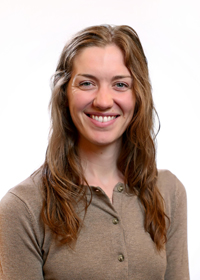
Practicum Experience(s)
Lawrence Livermore National Laboratory (2024)
Summary of Research
One major obstacle to decarbonizing the electric grid is simulating the dynamic behavior of resources like wind and solar. These resources are unique because they connect to the grid using electronic devices called inverters. The majority of the world's electricity still comes from turbine-based resources which connect to the grid mechanically through a rotating machine. The dynamic behavior of these inverter-based resources is significantly more complex than the dynamic behavior of traditional turbine-based resources.
Modeling the dynamic behavior of generators is important because it predicts whether the grid can provide uninterrupted electricity service after experiencing a disturbance. The differences between inverter-based and turbine-based dynamics are so significant that the observed behavior of grids with high shares of wind and solar is beginning to deviate from simulated behavior. This deviation is dangerous and proves that the simulations must better represent inverter-based dynamics.
My research focuses on how to adapt dynamic grid simulations to adequately represent complex inverter dynamics while still remaining computationally feasible for real-world applications.
Annual Program Review Abstracts
Awards
ECEE Excellence Fellowship, University of Colorado Boulder | 2022
B.S. with Distinction, Stanford University | 2015 (top 5% of graduating class)
Block S Honors, Stanford University | 2015 (female senior athlete with highest GPA)
Tau Beta Pi Engineering Honors Society | 2014
PAC-12 All-Academic First Team, Women's Swimming | 2013, 2014, 2015
